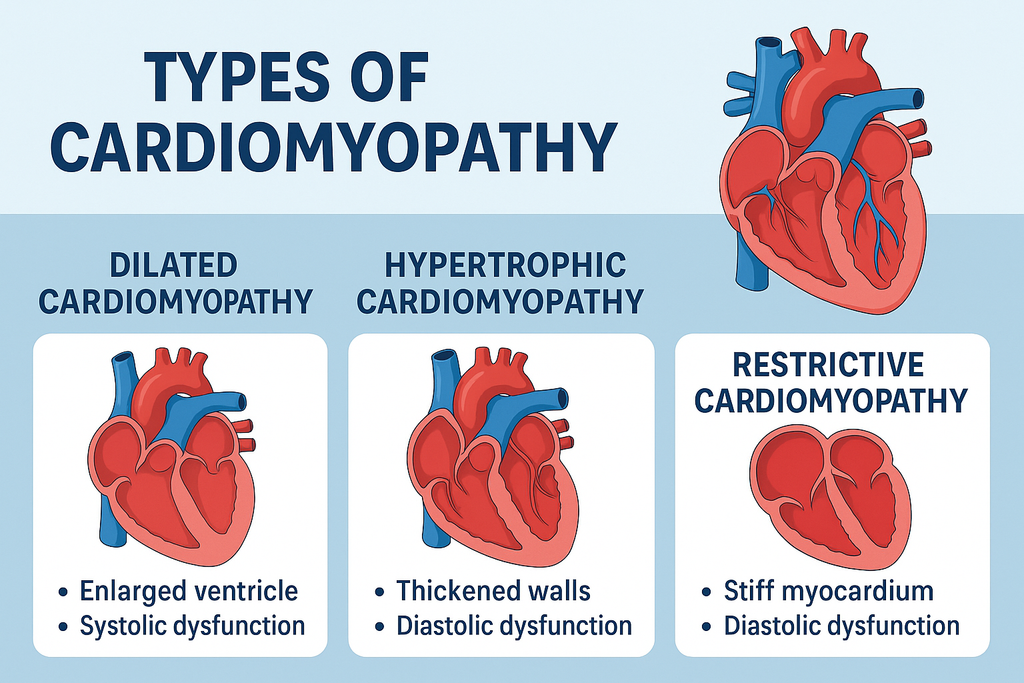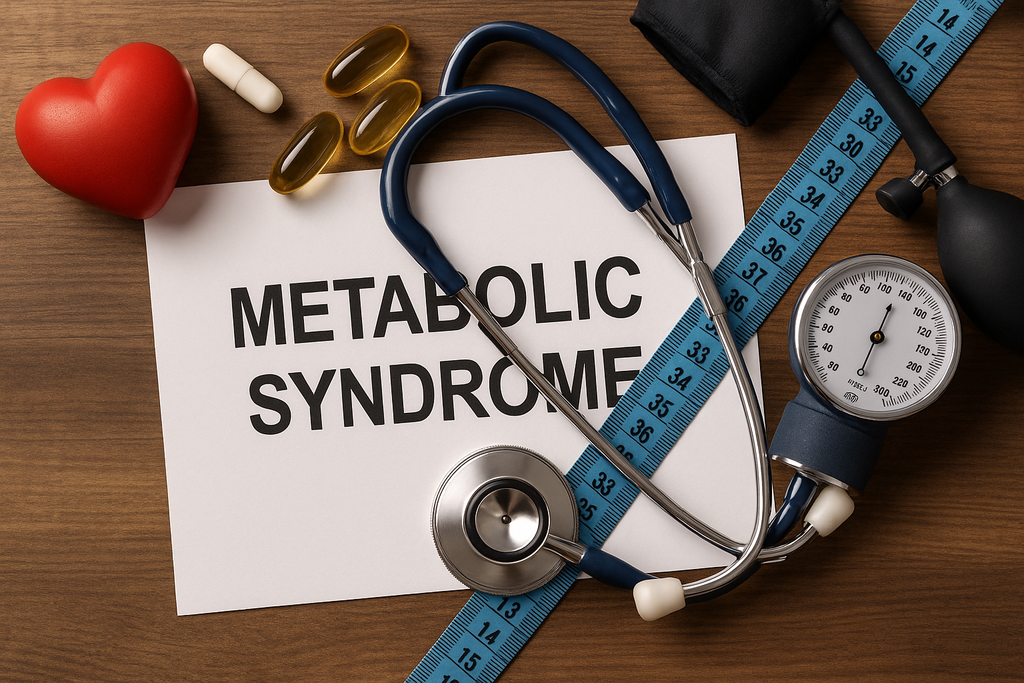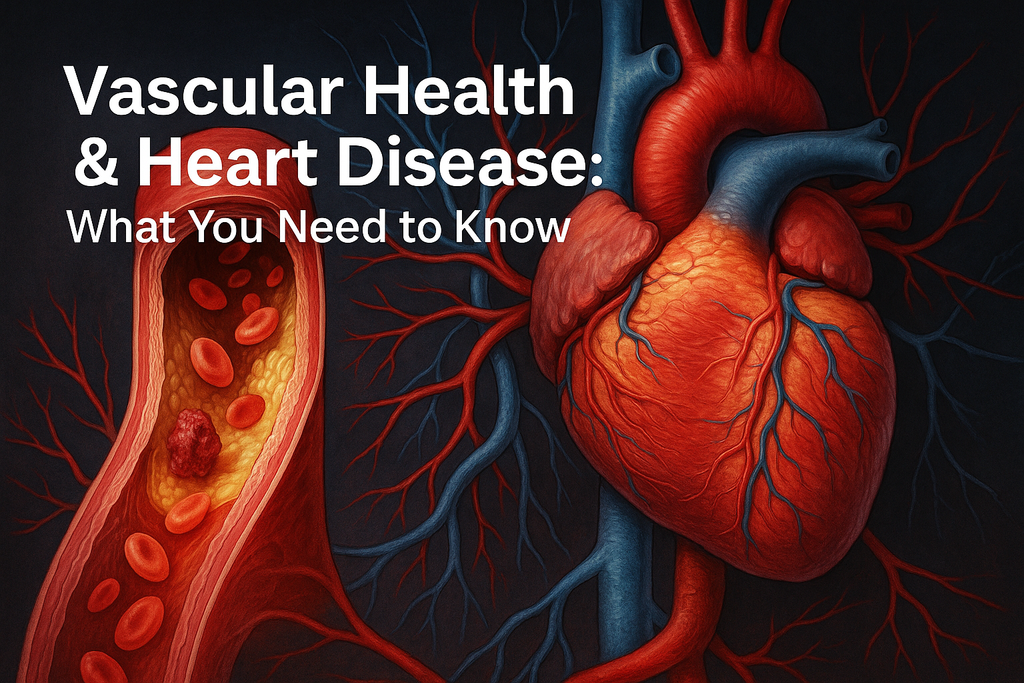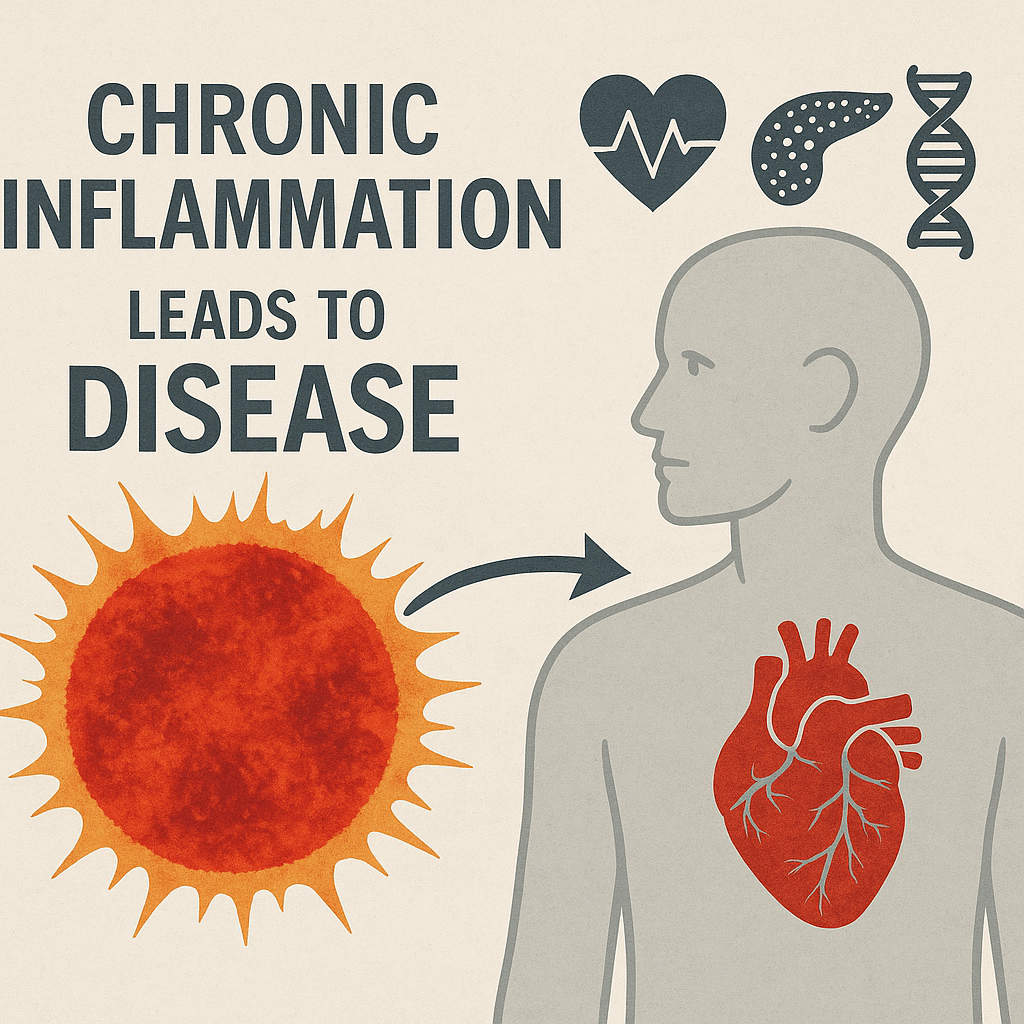News — heart disease
Types of Cardiomyopathy: Dilated, Hypertrophic, and Restrictive Explained
arrhythmia cardiac conditions cardiac symptoms cardiomyopathy DCM dilated cardiomyopathy echocardiogram genetic heart disease HCM heart disease heart failure heart muscle disease heart treatment hypertrophic cardiomyopathy ICD RCM restrictive cardiomyopathy sudden cardiac death types of cardiomyopathy
The heart is a powerful muscle, tirelessly working to pump life-giving blood throughout the body. But when that muscle begins to weaken or thicken in abnormal ways, cardiomyopathy may be to blame. This group of heart diseases affects the structure and function of the heart muscle, often leading to serious complications like heart failure, arrhythmias, or sudden cardiac arrest.
Understanding the different types of cardiomyopathy is crucial for both early detection and effective treatment. Each variant—dilated, hypertrophic, and restrictive—presents unique challenges and symptoms. Let’s break down the key differences between these types, explore their causes, symptoms, and management strategies, and help you recognize when to seek medical attention.
Metabolic Syndrome Criteria: The 5 Risk Factors You Need to Know
abdominal obesity blood sugar cardiovascular health diabetes prevention elevated glucose HDL cholesterol heart disease high blood pressure high triglycerides insulin resistance low HDL metabolic health metabolic syndrome metabolic syndrome diagnosis prediabetes risk factors supplements for metabolic syndrome triglyceride levels weight loss
Modern lifestyles have given rise to a cluster of health conditions that are increasingly threatening global health. One of the most insidious among them is metabolic syndrome — a silent but dangerous constellation of risk factors that significantly ups your odds for heart disease, type 2 diabetes, and stroke. It isn’t a disease in itself, but rather a group of conditions that, when occurring together, set the stage for long-term chronic illness.
Understanding the criteria that define metabolic syndrome is the first step in addressing it effectively. If you’ve ever wondered what the specific risk factors are and how they impact your well-being, this guide will break it all down for you. We're going to examine the five hallmark risk factors that clinicians use to diagnose metabolic syndrome and why each of them matters more than you might think.
Best Lifestyle Changes for Preventing Atherosclerosis and Heart Disease
anti-inflammatory diet arterial health atherosclerosis prevention best heart health tips blood pressure control cardiovascular support diet for heart exercise and heart health heart disease heart disease risk factors heart supplements heart support supplements heart-healthy lifestyle how to prevent heart disease LongLife Nutri Mediterranean diet natural heart health omega-3 for heart prevent plaque buildup reduce cholesterol
Heart disease remains the leading cause of death worldwide, but the good news is this: much of it is preventable. At the core of many cardiovascular issues is a condition known as atherosclerosis—the buildup of plaque in the arteries that can lead to heart attacks, strokes, and other life-threatening events. While genetics play a role, it’s lifestyle choices that often tip the scales.
Fortunately, science has identified several powerful changes you can make to not just halt the progression of atherosclerosis, but potentially reverse some of the damage. From food to fitness to stress management, these daily habits act as natural medicine for your heart. Let’s explore the best evidence-backed strategies to protect your arteries and your future. To complement these lifestyle changes, explore targeted support from LongLife Nutri’s Heart Health Collection.
The Link Between Vascular Health and Heart Disease: What You Need to Know
artery health atherosclerosis blood vessels cardiovascular system cholesterol circulation CoQ10 endothelial function healthy arteries heart attack prevention heart disease heart support high blood pressure inflammation magnesium nitric oxide omega-3 vascular health vascular supplements vein health
Heart disease doesn't happen overnight. It’s the result of a slow and often silent process that begins in your blood vessels. Vascular health—the condition of your arteries, veins, and capillaries—is the foundation upon which your cardiovascular system operates. When your vessels are clear, elastic, and strong, blood flows freely, delivering oxygen and nutrients where they’re needed most. But when vascular health declines, the heart must work harder, and the risk of heart disease climbs.
Understanding how your vascular system influences heart function is essential to preventing cardiovascular complications. This article unpacks the critical connection between blood vessels and heart disease and offers actionable insights on how to strengthen your vascular system for lifelong cardiovascular wellness.
How Chronic Inflammation Leads to Disease: What You Need To Know
anti-inflammatory diet autoimmune diseases cancer risk chronic inflammation CRP test diabetes heart disease IL-6 inflammation and aging inflammation causes inflammation diseases inflammation management inflammation markers inflammation risks inflammation supplements inflammation symptoms inflammation treatments lifestyle changes long-term inflammation neurodegeneration reduce inflammation
Chronic inflammation is a stealthy health disruptor that often flies under the radar, quietly laying the groundwork for many serious diseases. While inflammation is a natural part of the body's defense system, designed to protect us from infections and injuries, chronic inflammation is a different beast entirely. When inflammation becomes prolonged, it can damage healthy cells and organs, setting the stage for long-term health complications.
In this comprehensive guide, we will explore how chronic inflammation develops, the diseases it fuels, its underlying causes, and most importantly, how you can take proactive steps to manage and reduce inflammation to protect your long-term health.





